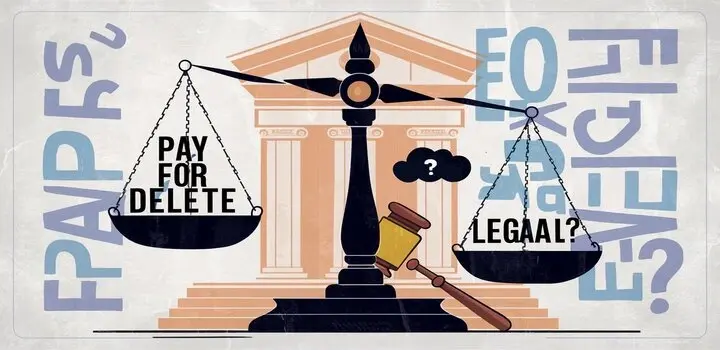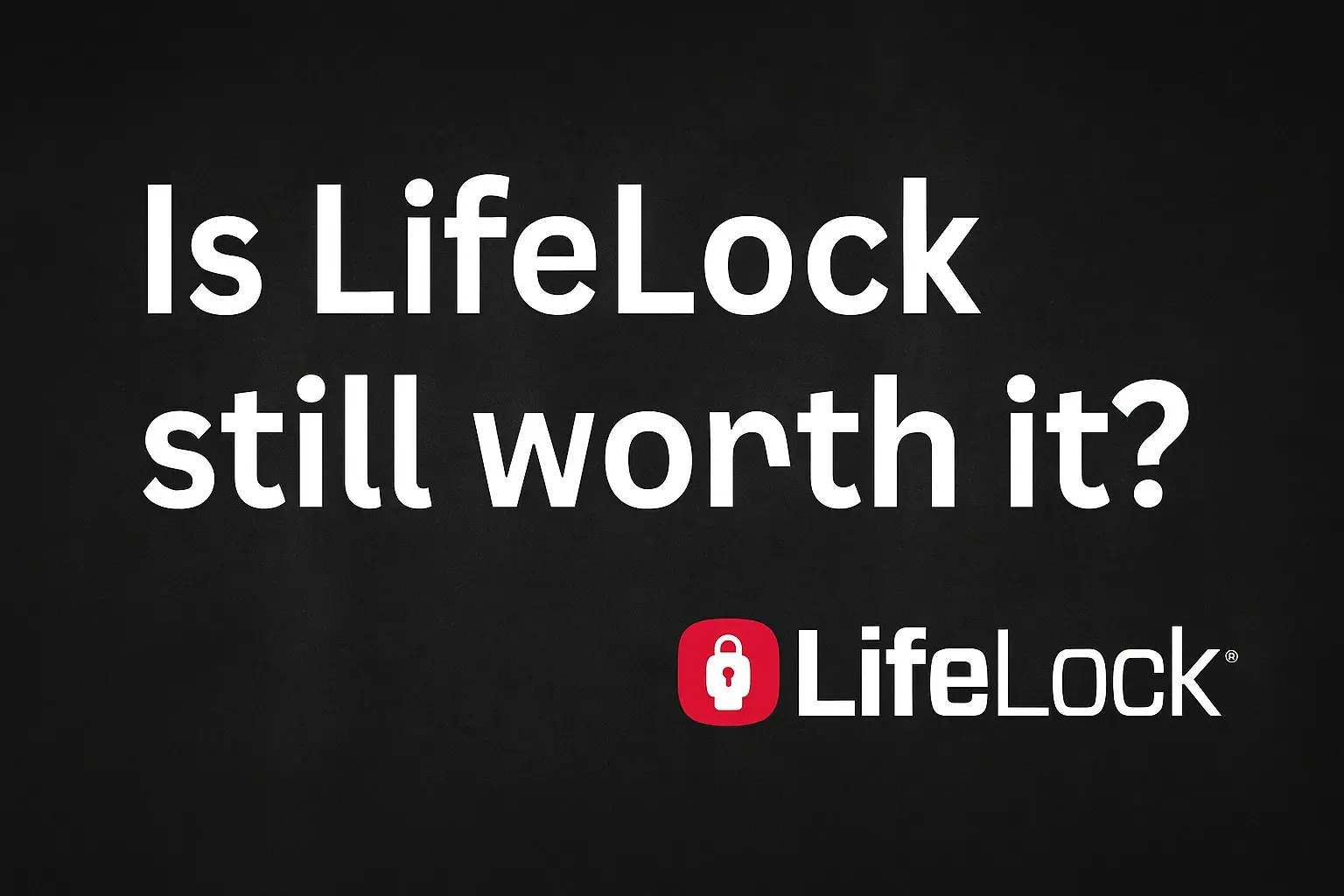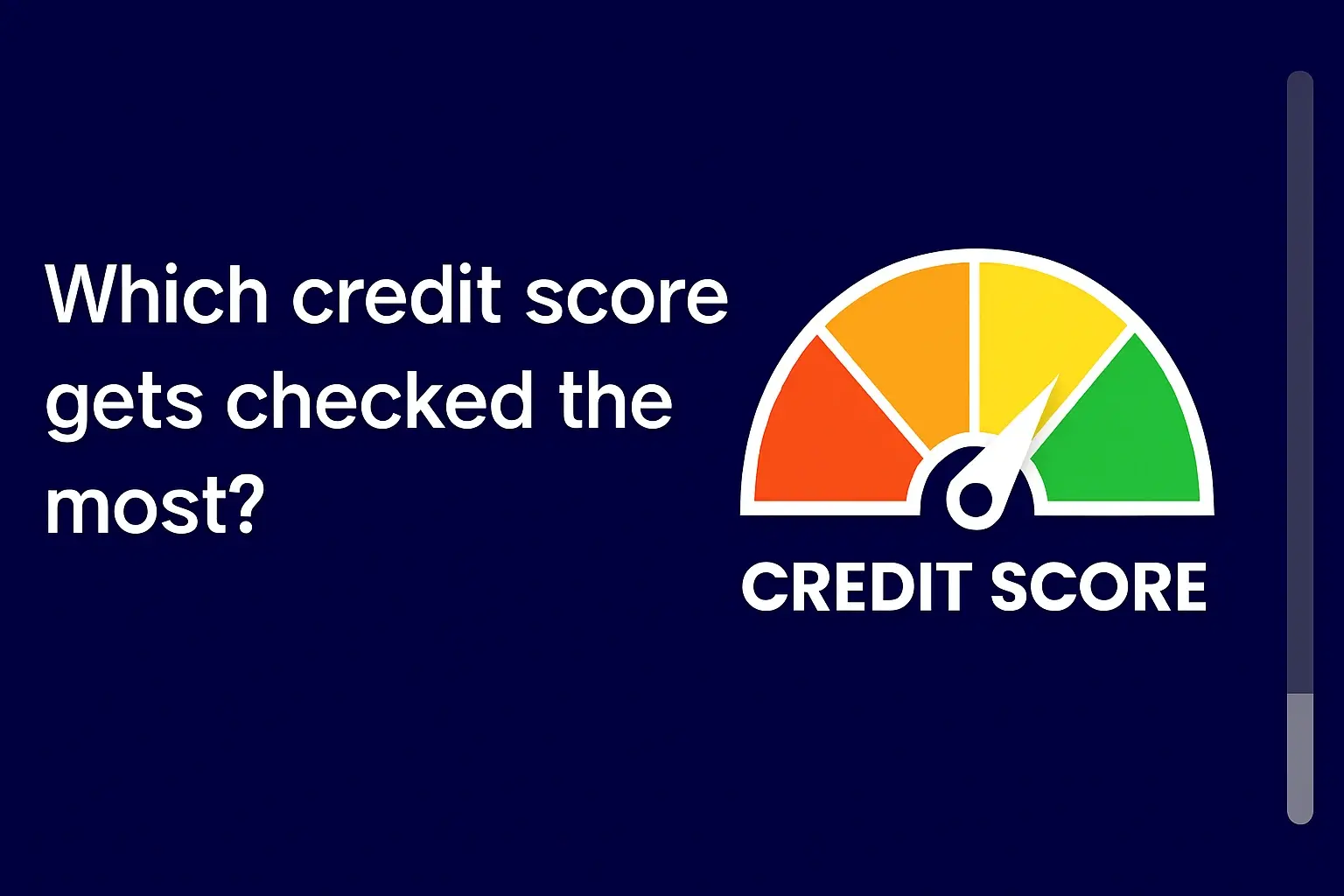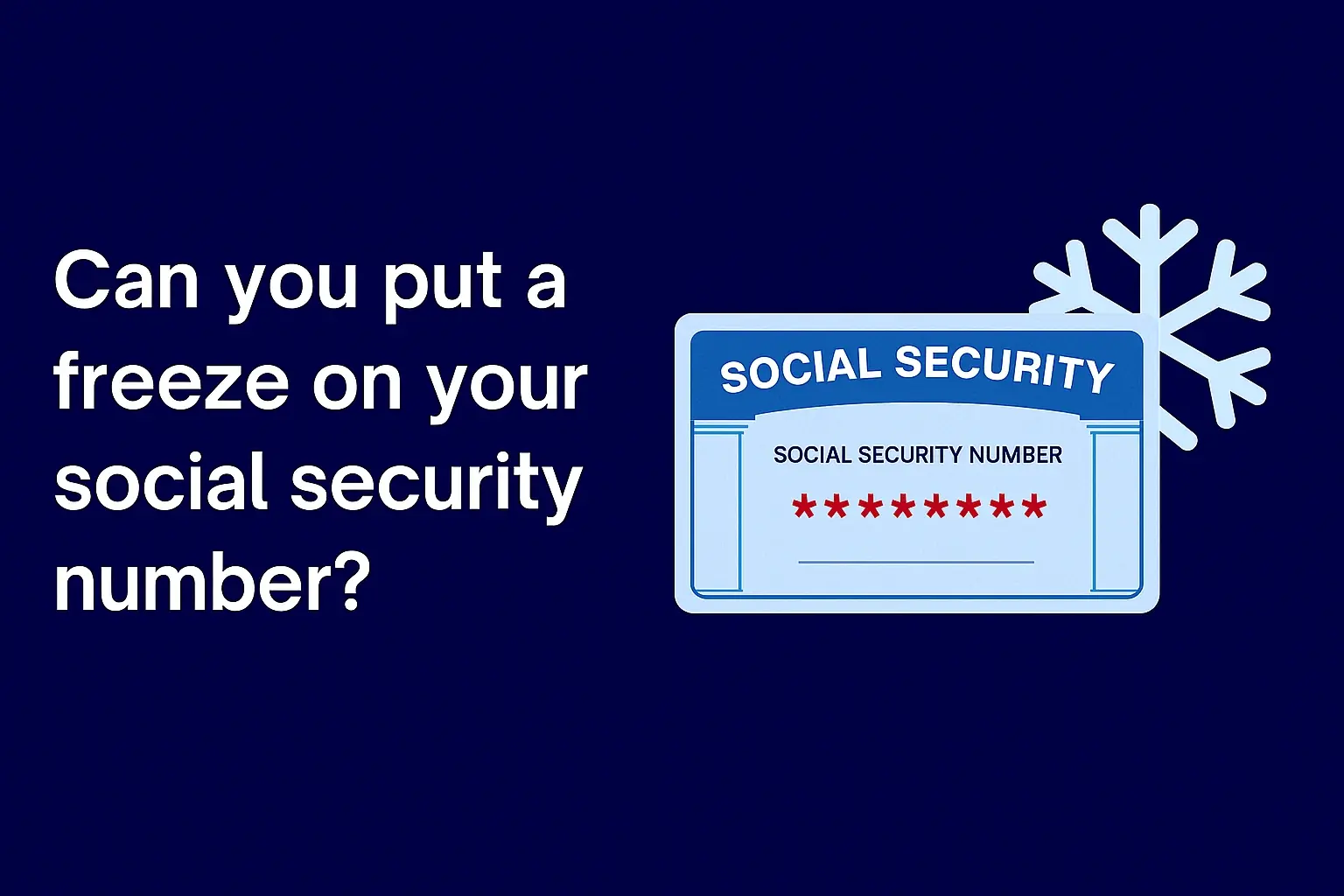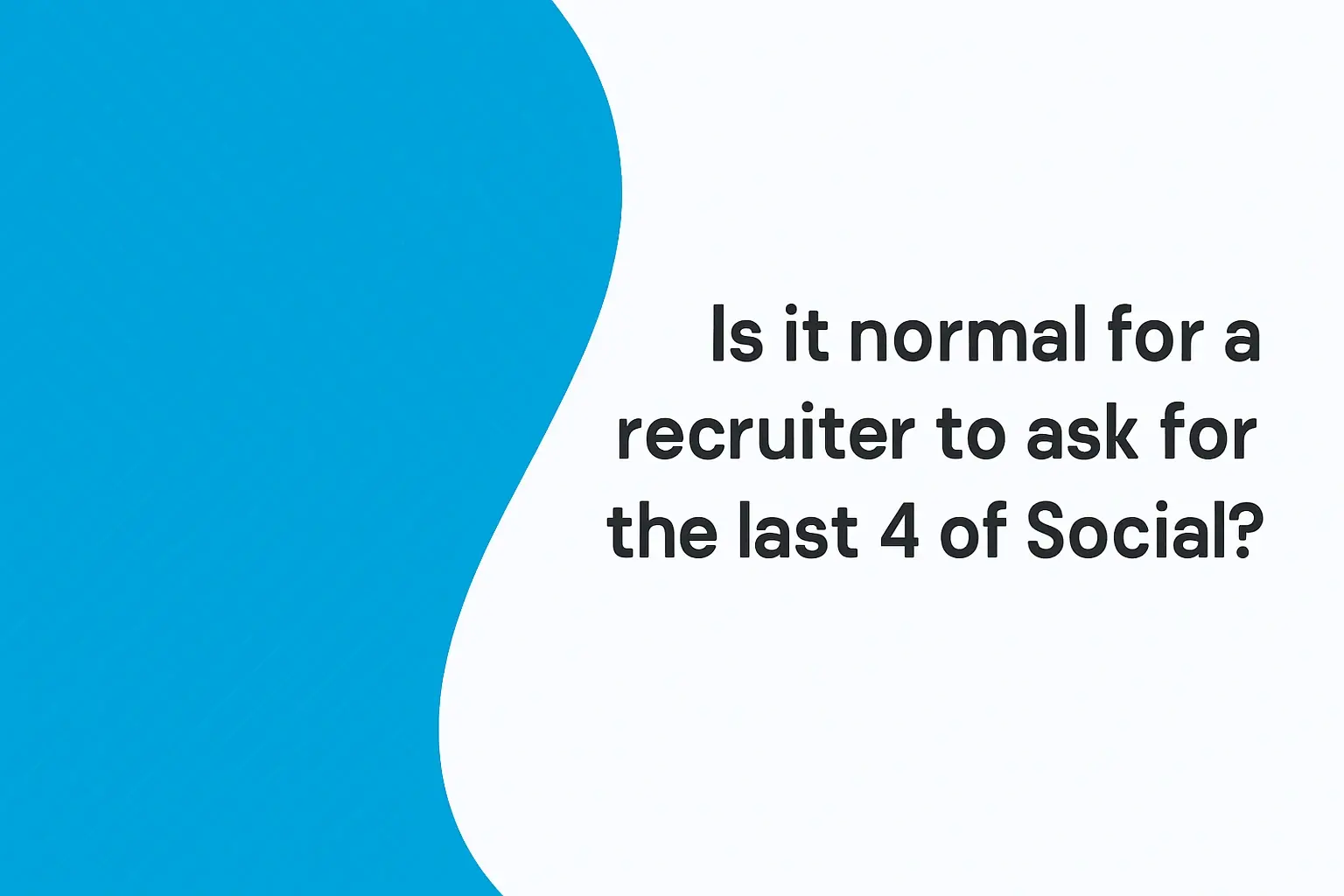-
Posted on: 31 Jul 2024
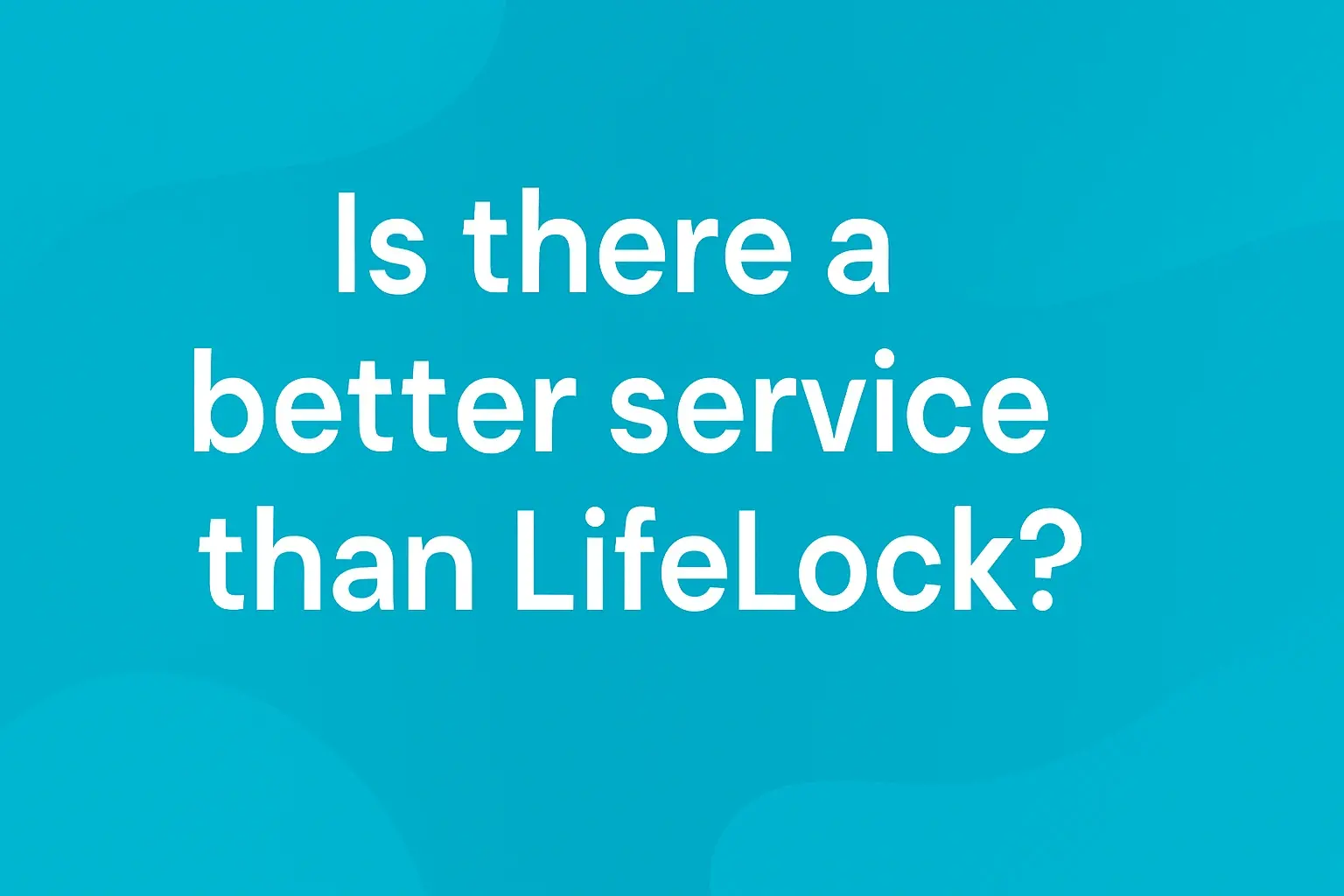
-
Identity theft is a serious threat in today's digital age. With data breaches becoming increasingly common and sophisticated scams constantly evolving, protecting your personal information is more critical than ever. LifeLock, a well-known name in identity theft protection, has been around for years, offering various services to safeguard consumers. But is LifeLock truly the best option available? This article explores potential LifeLock alternatives, comparing features, pricing, and overall effectiveness to help you determine if there's a better fit for your specific needs.
Understanding LifeLock: A Brief Overview
LifeLock, now owned by NortonLifeLock, provides a range of identity theft protection services. Their offerings typically include:
Credit Monitoring: Monitoring your credit reports for suspicious activity and alerting you to changes.
Identity Monitoring: Scanning public records, social media, and the dark web for compromised personal information.
Fraud Alerts and Security Freezes: Helping you place fraud alerts on your credit reports and security freezes to prevent unauthorized access.
Data Breach Notifications: Alerting you to data breaches that may expose your personal information.
Lost Wallet Assistance: Helping you cancel and replace lost or stolen credit cards and identification.
Identity Restoration Services: Providing assistance and support if your identity is stolen.
Insurance Coverage: Offering reimbursement for expenses incurred as a result of identity theft.
LifeLock offers different tiers of service with varying levels of protection. While they've established a strong brand presence, it's important to examine whether their services justify the price and whether competitors offer superior value or more comprehensive protection.
Why Consider LifeLock Alternatives?
Several factors might lead you to explore alternatives to LifeLock:
Price: LifeLock's plans can be relatively expensive compared to some competitors, especially for comprehensive coverage.
Past Controversies: LifeLock has faced scrutiny and regulatory actions in the past regarding their advertising practices and security measures. Although they've taken steps to address these issues, it's worth considering.
Feature Set: While LifeLock offers a broad range of services, some competitors may excel in specific areas, such as dark web monitoring or social media monitoring.
Customer Service: Customer service experiences can vary, and some users have reported difficulties resolving issues or obtaining prompt assistance.
Specific Needs: Your individual needs and risk factors may influence your choice. For example, if you're particularly concerned about financial fraud, you might prioritize services with robust credit monitoring and account takeover alerts.
Top LifeLock Alternatives: A Detailed Comparison
Let's explore some of the leading LifeLock alternatives and compare their key features and benefits:
1. Identity Guard
Identity Guard, powered by IBM Watson, utilizes artificial intelligence to detect threats and vulnerabilities. Their plans typically include:
Credit Monitoring: Monitoring your credit reports from all three major credit bureaus (Experian, Equifax, TransUnion).
Identity Monitoring: Scanning the internet, public records, and the dark web for compromised personal information.
Social Media Monitoring: Monitoring your social media accounts for potentially damaging content or fraudulent activity.
Safe Browsing Tools: Providing tools to help you browse the internet more securely.
Data Breach Notifications: Alerting you to data breaches that may expose your personal information.
Identity Restoration Services: Providing expert assistance and support if your identity is stolen.
Insurance Coverage: Offering reimbursement for expenses incurred as a result of identity theft.
Identity Guard Pros:
AI-powered threat detection.
Social media monitoring.
Competitive pricing.
Identity Guard Cons:
Customer service reviews are mixed.
2. Aura
Aura emphasizes a comprehensive approach to digital security, combining identity theft protection with antivirus software and a VPN. Their plans typically include:
Credit Monitoring: Monitoring your credit reports from all three major credit bureaus.
Identity Monitoring: Scanning the internet, public records, and the dark web for compromised personal information.
Antivirus Software: Protecting your devices from malware and viruses.
VPN (Virtual Private Network): Encrypting your internet traffic to protect your privacy online.
Password Manager: Helping you create and manage strong, unique passwords.
Identity Restoration Services: Providing expert assistance and support if your identity is stolen.
Insurance Coverage: Offering reimbursement for expenses incurred as a result of identity theft.
Aura Pros:
Bundled digital security features (antivirus, VPN, password manager).
Family plans available.
Strong focus on online privacy.
Aura Cons:
Can be more expensive than some competitors, especially if you don't need the bundled features.
3. Experian IdentityWorks
Experian IdentityWorks, offered by one of the three major credit bureaus, provides robust credit monitoring and identity theft protection services. Their plans typically include:
Credit Monitoring: Monitoring your Experian credit report (and in some plans, reports from all three bureaus).
Identity Monitoring: Scanning the internet, public records, and the dark web for compromised personal information.
Credit Lock: Allowing you to lock and unlock your Experian credit file to prevent unauthorized access.
Fraud Alerts: Helping you place fraud alerts on your credit reports.
Daily Credit Report Updates: Providing daily updates to your Experian credit report (in some plans).
Identity Restoration Services: Providing expert assistance and support if your identity is stolen.
Insurance Coverage: Offering reimbursement for expenses incurred as a result of identity theft.
Experian IdentityWorks Pros:
Directly from a major credit bureau.
Credit lock feature.
Daily credit report updates (in some plans).
Experian IdentityWorks Cons:
Stronger focus on Experian credit report.
4. Complete ID
Complete ID, offered through Costco, provides identity theft protection services at a competitive price for Costco members. Their plans typically include:
Credit Monitoring: Monitoring your credit reports from all three major credit bureaus.
Identity Monitoring: Scanning the internet, public records, and the dark web for compromised personal information.
Credit Lock: Allowing you to lock and unlock your TransUnion credit file.
Data Breach Notifications: Alerting you to data breaches that may expose your personal information.
Identity Restoration Services: Providing expert assistance and support if your identity is stolen.
Insurance Coverage: Offering reimbursement for expenses incurred as a result of identity theft.
Complete ID Pros:
Competitive pricing for Costco members.
Comprehensive credit monitoring.
Complete ID Cons:
Requires a Costco membership.
Credit lock only for TransUnion.
Comparing Features and Pricing: A Summary Table
To help you quickly compare the key features of these LifeLock alternatives, here's a summary table:
Service
Credit Monitoring
Dark Web Monitoring
Social Media Monitoring
Antivirus/VPN
Credit Lock
Price (approx.)
LifeLock
Yes
Yes
No
No
No
$$ - $$$
Identity Guard
Yes
Yes
Yes
No
No
$$
Aura
Yes
Yes
No
Yes
No
$$$
Experian IdentityWorks
Yes
Yes
No
No
Yes (Experian)
$$
Complete ID
Yes
Yes
No
No
Yes (TransUnion)
$ (with Costco)
Note: Prices are approximate and may vary depending on the plan and any promotional offers. "$" indicates the lowest price range, and "$$$" indicates the highest.
Choosing the Right Identity Theft Protection Service: Key Considerations
The best identity theft protection service for you depends on your individual circumstances and priorities. Consider the following factors:
Budget: How much are you willing to spend on identity theft protection?
Credit Monitoring Needs: Do you need monitoring from all three credit bureaus, or is monitoring from one or two sufficient?
Digital Security Needs: Do you need additional security features like antivirus software or a VPN?
Social Media Usage: Are you concerned about your social media accounts being compromised?
Credit Freeze Preference: Do you prefer to lock your credit files instead of placing fraud alerts?
Customer Service Importance: How important is it to you to have responsive and helpful customer service?
Family Coverage: Do you need to protect multiple family members?
By carefully evaluating these factors and comparing the features and pricing of different services, you can make an informed decision about which identity theft protection service is right for you.
Beyond Identity Theft Protection Services: Steps You Can Take to Protect Yourself
While identity theft protection services can be valuable, they are not a substitute for practicing good online security habits. Here are some steps you can take to protect yourself from identity theft:
Use Strong Passwords: Create strong, unique passwords for all of your online accounts. Use a password manager to help you generate and store passwords securely.
Enable Two-Factor Authentication: Enable two-factor authentication (2FA) whenever possible. This adds an extra layer of security to your accounts by requiring a second verification method, such as a code sent to your phone.
Be Wary of Phishing Scams: Be cautious of emails, text messages, and phone calls that ask for your personal information. Never click on links or open attachments from unknown sources.
Monitor Your Credit Reports: Check your credit reports regularly for suspicious activity. You can get a free copy of your credit report from each of the three major credit bureaus once a year at AnnualCreditReport.com.
Secure Your Social Security Number: Protect your Social Security number and only provide it when absolutely necessary.
Shred Sensitive Documents: Shred documents that contain your personal information, such as bank statements, credit card bills, and medical records.
Keep Your Software Up to Date: Keep your operating system, web browser, and other software up to date with the latest security patches.
Be Careful What You Share Online: Be mindful of the information you share on social media and other online platforms.

